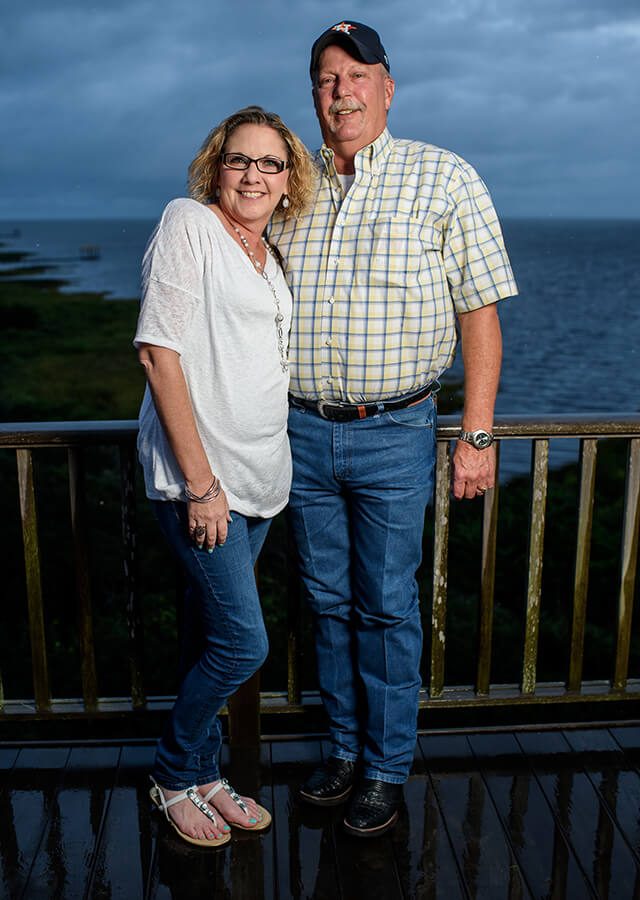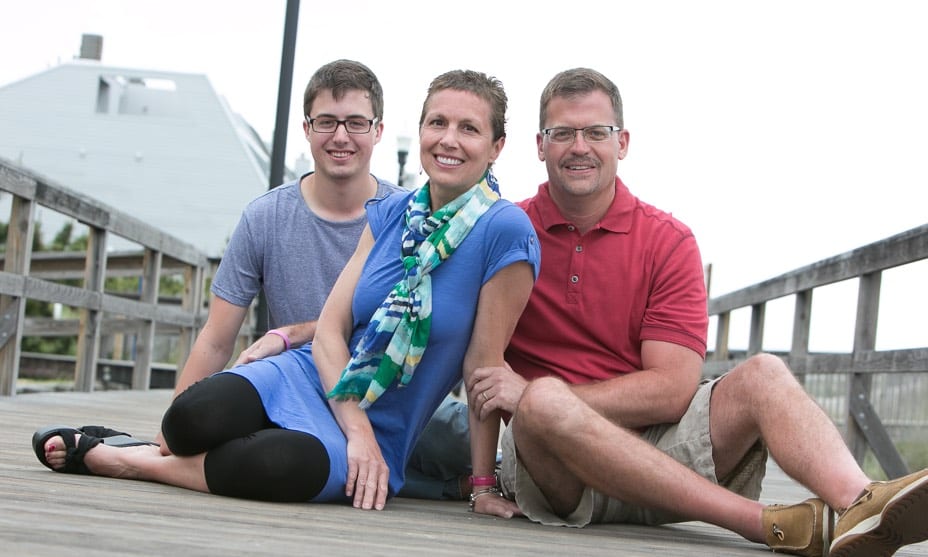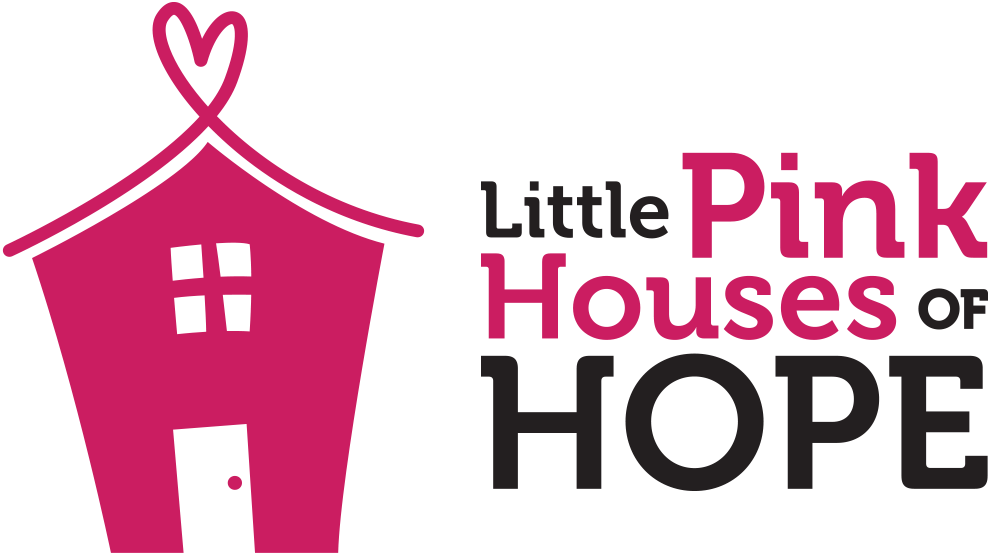These stories of radical compassion reveal our inner humanitarians, the part of us that believes that if we live with an open heart, we just may find ourselves in a better world.
One story from a Little Pink Houses of Hope Participant is highlighted below. For the complete article with all stories, please go here: https://www.rd.com/true-stories/inspiring/lives-changed-by-charitable-gifts/
A free vacation for a breast cancer patient and her husband

Taking a vacation is likely to be the last thing on the mind of a cancer patient. Traveling can be expensive, time-consuming, and sometimes hard work. While people facing illness may be short on resources needed to go on vacation, they arguably are most in need of a stress-free time away. Sandra is one such patient. Here is her story in her own words: “My diagnosis is Stage IV Invasive Ductal Carcinoma. It has spread to my bones and lungs. I was diagnosed in March 2014 at the age of 45. I was scared beyond belief. At the time, I was working 60 hours a week as a billing clerk. I went from doing that to being on disability because of my medications’ side effects. I lost my career and what I thought made me who I was, though I later discovered that character, love, and spirit are what matters. Through a Facebook page, I heard about Little Pink Houses of Hope, a nonprofit that provides a free week-long vacation to cancer patients and their families. After applying and being approved for a retreat, we drove from Houston all the way to Hatteras Island in North Carolina, and it rained most of the time. I had no idea what to expect and was almost apprehensive. Looking back, I am so glad I went. I have never felt such unconditional love and such a sense of family. We went to the beach, we made jewelry, we had wonderful meals, we paddle-boarded (which I never thought I would get the chance to do). We bonded in a way I didn’t know was possible, not only with the other participants but also with the volunteers. It was nice to see my husband bond with the other husbands and just not have to worry for a while. With him being a caregiver and the breadwinner, he has a lot on his plate. (Here are some tips to avoid caregiver burnout.) I’ve been diagnosed for three and a half years now. I want people to know that just because I am living with a terminal disease, I am still living. I am not dead yet. Don’t grieve me; make memories with me.”



